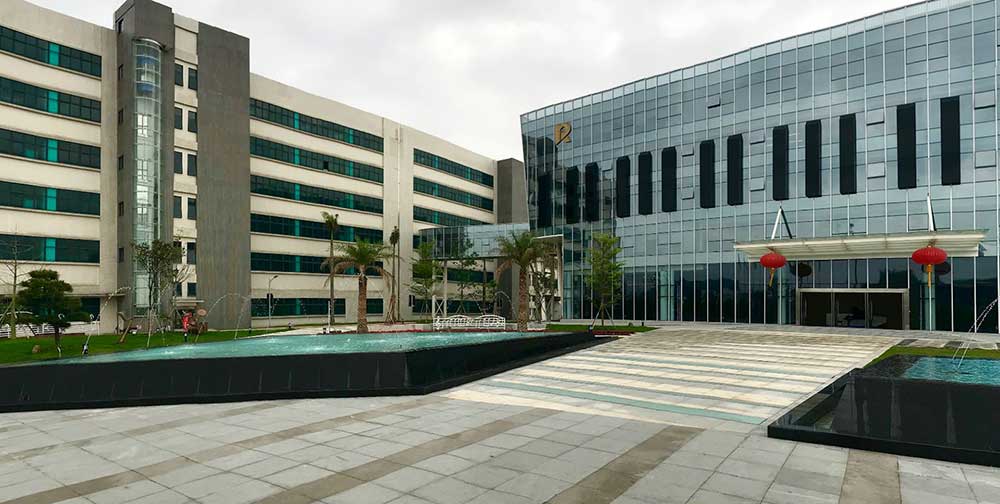
Pearl River Piano Group has grown to be the largest piano manufacturer in the world, producing more than 400 pianos per day with an annual production of 140,000 pianos. “Where do all of these pianos go?”, one might ask. Pearl River Piano dominates the Chinese piano market with an estimated 40% of the local market share. 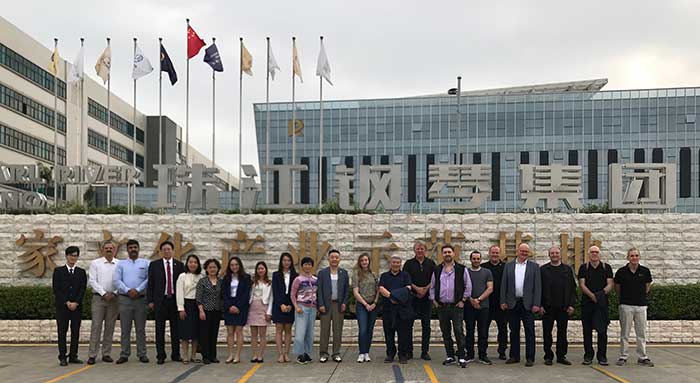 When you think about the population of China at a billion people, even 140,000 pianos represent but a fraction of 1 percent. In China, remember, the piano has really only taken hold in the last 30 years. And with the emergence of a burgeoning middle class, it has become a strong part of the culture. According to recent statistics, an estimated 40 million children are currently learning the piano compared to 10 million for the rest of the world. That said, Pearl River Piano still exports to more than 80 countries of the world in addition to supplying their local market. With this as a backdrop, it is safe to say that Pearl River has chosen an appropriate time to launch their brand-new facility.
When you think about the population of China at a billion people, even 140,000 pianos represent but a fraction of 1 percent. In China, remember, the piano has really only taken hold in the last 30 years. And with the emergence of a burgeoning middle class, it has become a strong part of the culture. According to recent statistics, an estimated 40 million children are currently learning the piano compared to 10 million for the rest of the world. That said, Pearl River Piano still exports to more than 80 countries of the world in addition to supplying their local market. With this as a backdrop, it is safe to say that Pearl River has chosen an appropriate time to launch their brand-new facility.
Transition takes time. When I visited the Pearl River factory in 2017, the shift to the new facility was well under way. When you consider the logistics of moving to a new location an hour away from the old factory in Guangzhou, the challenge was to implement change seamlessly without disrupting the flow of 400 pianos being manufactured per day. Over the last few years, the completion of two 6 story buildings now house the majority of the assembly space. After the installation of 80 million dollars in robotics, consistency is at the forefront of the Pearl River operation. When you play any piano regardless of brand, consistency is one of the most sought after, most important aspects of the implementation of piano building. Ideally, you would like the 88 notes to play as similarly as possible. We learned in Researching Piano Actions that the piano has upwards of 6000 parts and so the installation of robotics for consistency in action parts is especially important.
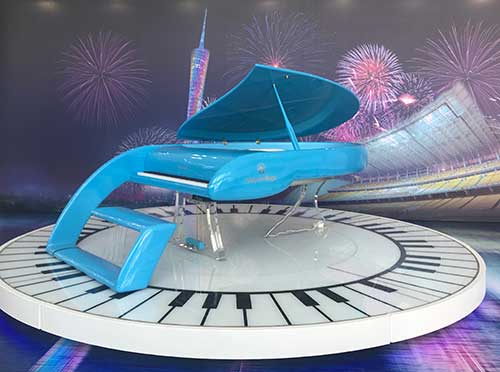
Designed for the Pan Asian Games
But even in areas of cabinet making or spraying finishes onto the parts, robotically controlled parts are an asset. This concept would rank the new Pearl River factory as one of the most sophisticated in the world. And while Pearl River builds all 3 of their piano lines of Kayserburg, Ritmuller and Pearl River, they also are the chosen manufacturer for other piano companies to build their pianos as well.
What happens when a company becomes successful? Expansion quite often follows. This expansion allows for creative thinking. Pearl River has launched 700 music schools and developed interactive teaching software. At the unveiling, many of the international dealers were invited and festive activities including banquets, as well as music and light shows. Accompanying this grand opening were some of the new areas of the factory featuring creativity and art. Shown in the video below, is a grand in what is called an ‘exploded’ view where each part is deconstructed and suspended for visual awareness of piano composition. Also, some historic pieces including their Ritmuller line were on display. Specialty pianos such as the grand used in the Pan-Asian games were shown as well as other interactive musical diplays. One thing that I find especially appealing in this new facility is the atrium, bringing part of nature and serenity into an already busy world. I believe that it’s important to find the balance between productivity and space for creativity both in our surroundings and work.
Congratulations to Pearl River Piano Group for this milestone! The largest piano factory in the world has been brought to completion. We now look forward to see the possibilities of piano manufacturing in the future with this amazing company.
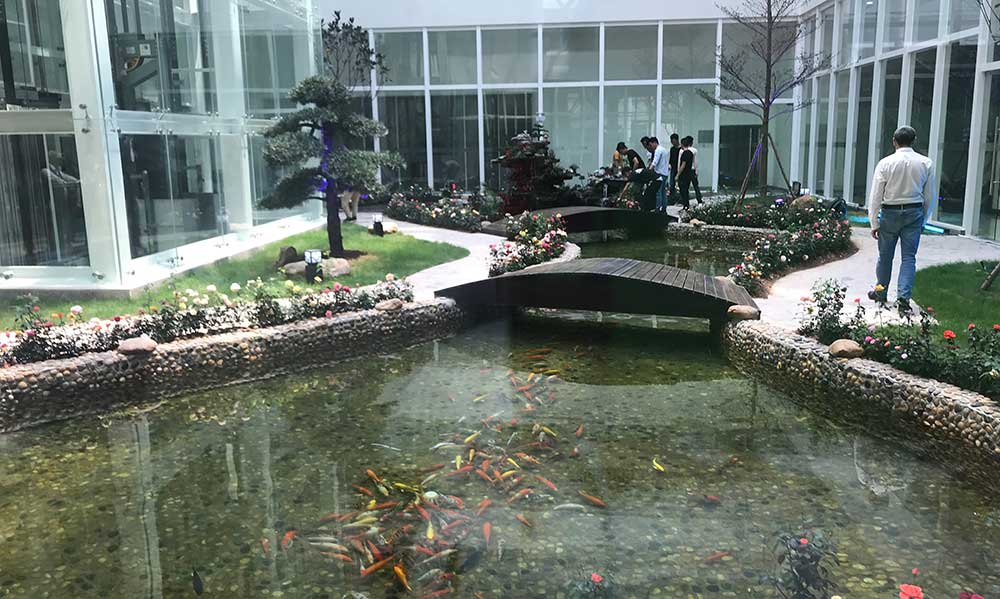
MORE PIANO ARTICLES

During the performance of Jacob Collier at the most recent NAMM show I was reminded that music makes us human, that beauty binds us together as a collective, and that the reason the music industry exists is to aid in the creation of art. I needed that reminder without which, the annual trade show featuring many of the great piano makers is just the sale of wares. I believe that people are feeling the uncertainty ...
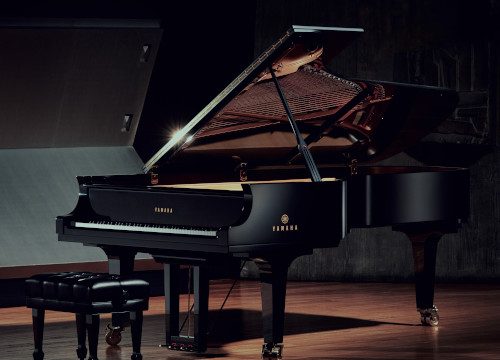
I used to have a teacher who would frequently say, “For every single grade point PAST 80%, it takes as much effort as the FIRST 80.” I believe this statement to be true from experience. The first 80 is the easiest. Chipping away at every point past that is the challenge. The bulk of the work can bring a project into shape but it’s the pursuit of excellence, that’s where the challenge lies. Yamaha is ...

The value of a piano is obvious ~ it’s the music that you make with it. But often, families are going through life changes which involve a house move and unfortunately, the piano needs to be sold. They invariably ask the question, “What are we going to do about the piano?” This question comes up because, as you can imagine, they’re not easy to move. We don’t simply pack them away in a cardboard box ...

You’ve been playing your piano for years now and the time has come to seriously consider downsizing the house and move into a condo. But what do you do with the piano? You love your piano and can’t imagine life without it and besides, you absolutely hate the idea of playing a digital keyboard. Many people don’t know that you can add digital functionality without compromising your existing piano. Yes, it is completely possible to ...
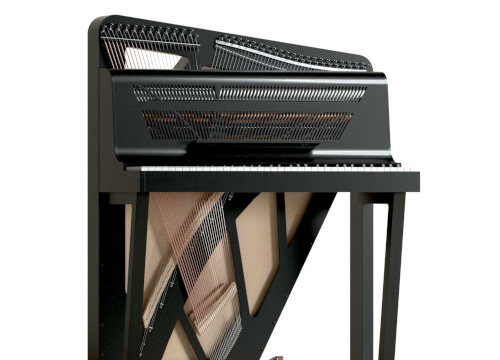
Many years ago, I remember seeing a piano in a museum similar to the one shown above (built in 1787 by Christian Gottlob Hubert. On display at Germanisches Nationalmuseum - Nuremberg, Germany). I have often wondered why acoustic portable pianos never really took off. Although we've seen more portable keyboard instruments like harpsichords, accordions or electronic keyboards, they operate completely different from a traditional piano in that they either pluck the strings, use air with ...
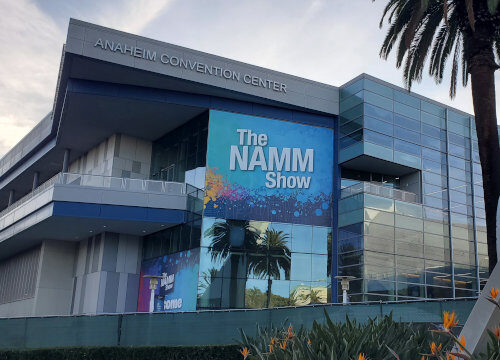
This was the first year since covid that the National Association of Music Merchants (NAMM) trade show was back to its regular January date and, in fact the first show where it felt back to normal. How was it? To answer that, I'm going quickly review the piano market over the last few years. Piano sales boomed during covid. Think about it - everyone was at home and with time on their hands, many turned ...